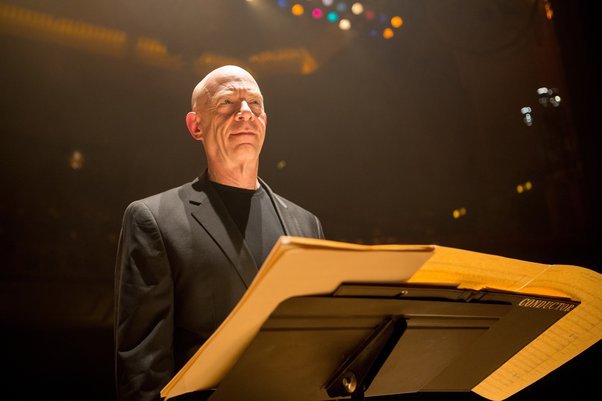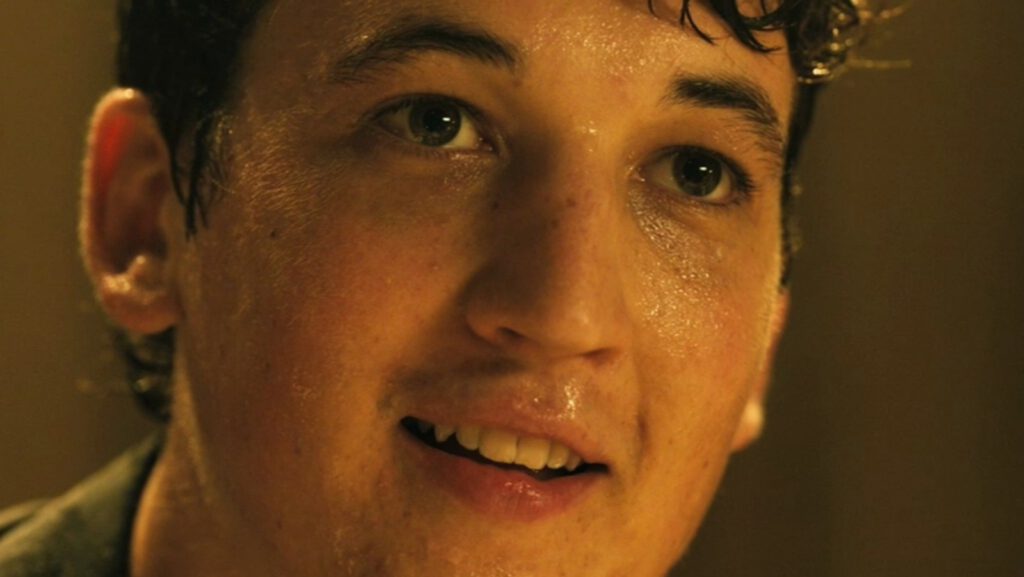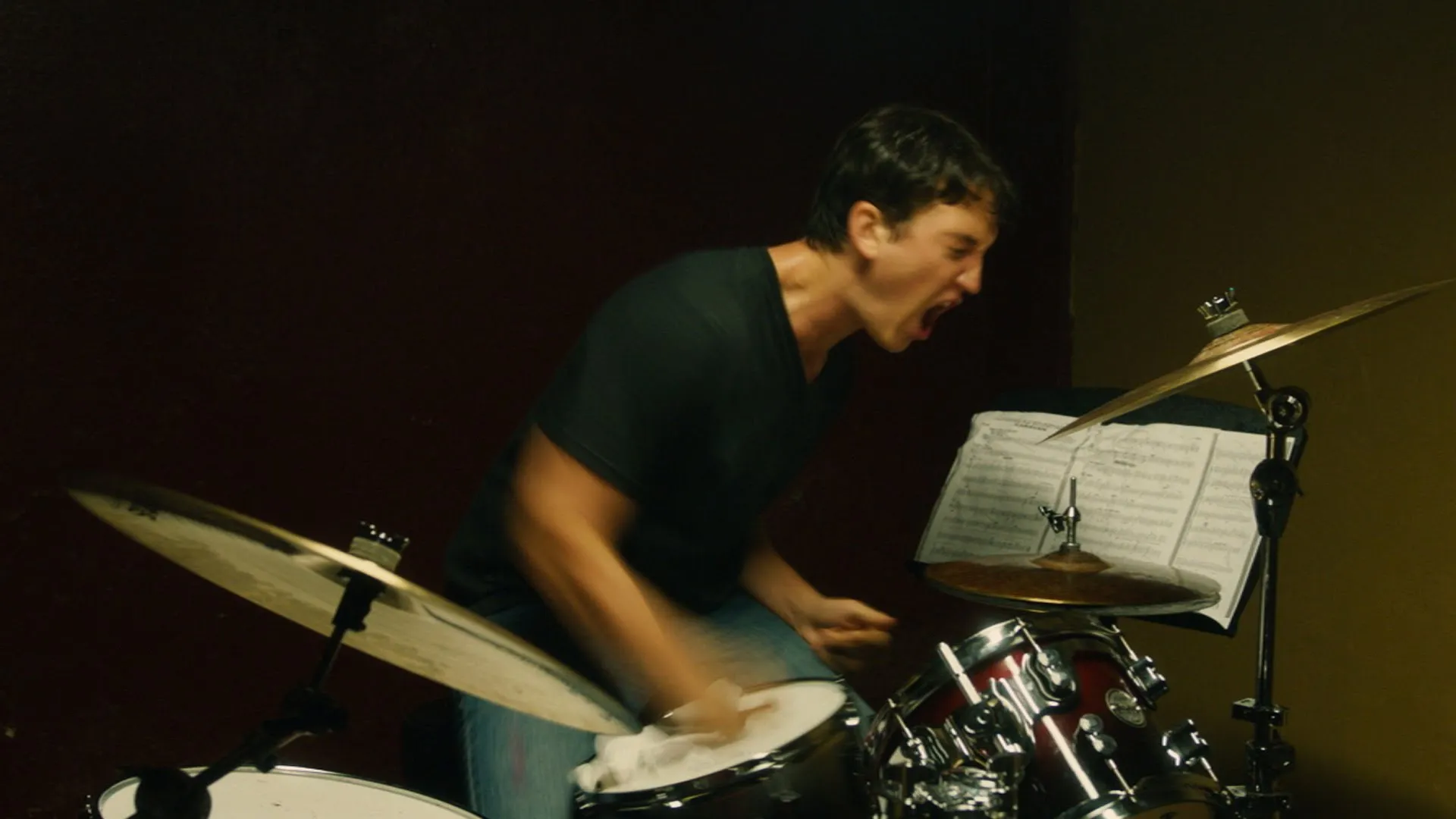Shortly after Damien Chazelle released his eighteen-minute short film, titled “Whiplash” in 2013, in which J.K. Simmons plays the eccentric and manipulative music professor Fletcher pushing the young Andrew Neiman to peak performance, the young director won the “Short Film Jury Prize” at Sundance, which supported him to make a feature-length film out of this story. Under the wing of Blumhouse, within twenty days of shooting, a film is now being made that is clearly one of the best of the 2010s.
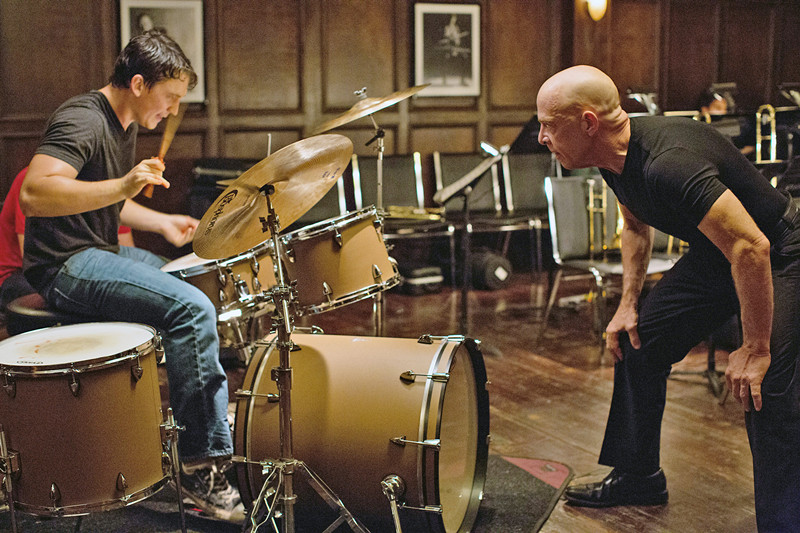
When I watched “Whiplash” for the first time, it felt like whiplash to me as well, and despite that, it will forever be one of my favorite viewing experiences. The way Damien Chazelle manages to keep the viewer glued to the screen, in awe and with a racing heart, only speaks to the fact that the man knows exactly what he is doing. I’ve rarely seen a film where you can read so much into it and analyze it, such as the ever-darkening T-shirt color the further Andrew drifts into his obsession.
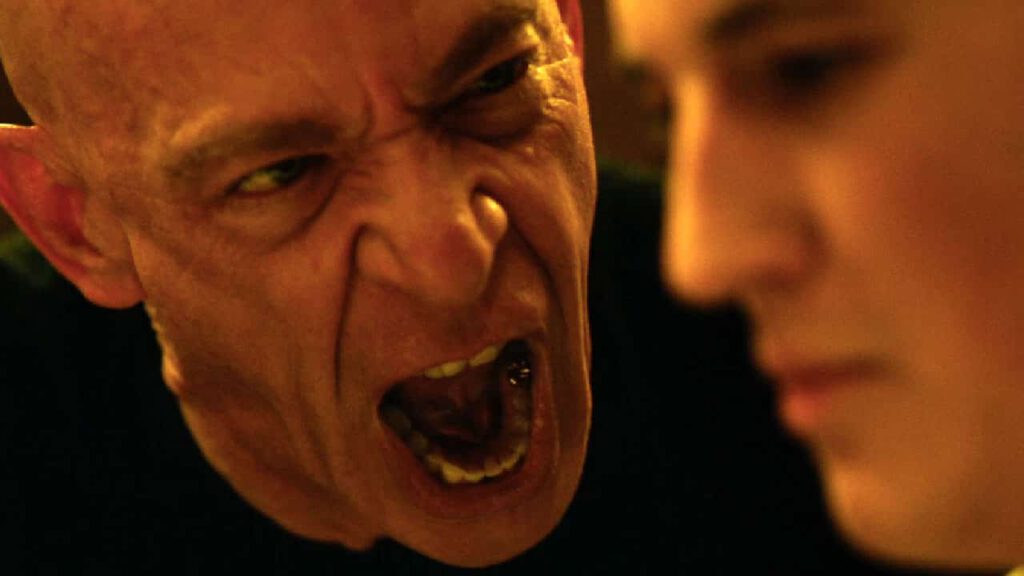
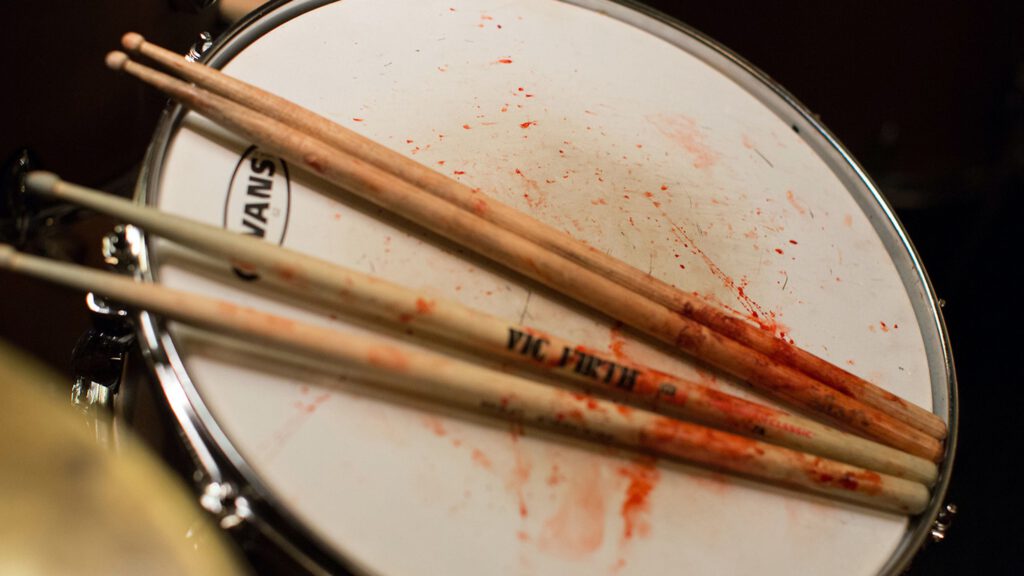
“Whiplash” at its core is nothing more than a character study, showing that the simple chance to get attention from an authority figure can not only motivate you, but destroy you. Fearing nothing more than being ordinary, Andrew strives to become one of the best drummers around. But will he also manage to play faster and more focused? Or will it turn out that he is nothing more than a disappointment and Fletcher has simply wasted his time with him?


“Whiplash” at its core is nothing more than a character study, showing that the simple chance to get attention from an authority figure can not only motivate you, but destroy you. Fearing nothing more than being ordinary, Andrew strives to become one of the best drummers around. But will he also manage to play faster and more focused? Or will it turn out that he is nothing more than a disappointment and Fletcher has simply wasted his time with him?
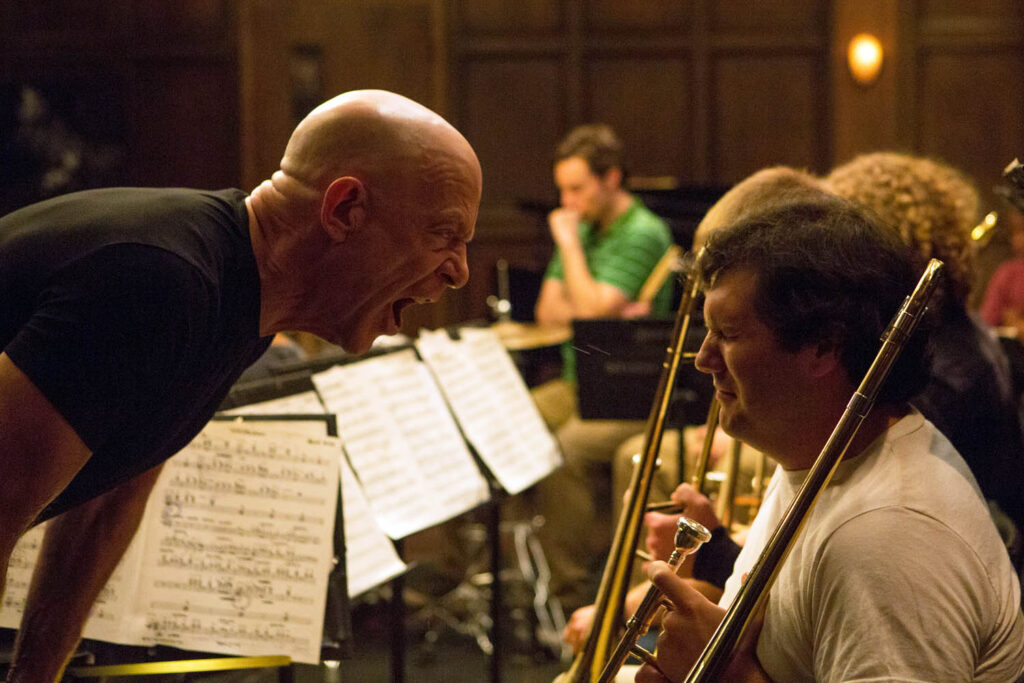
Courtesy of Sony Pictures Classics
“Whiplash,” along with Darren Aronofsky’s “Black Swan,” is the best double feature when it comes to the subject of perfectionism and how far a person can go to be the best version of themselves. Both films take the viewer into a business that most of us will never get a close look at, are low-budget productions that focus a lot on the script and have led to Oscar wins for their acting performances. In a previously published review I already touched on the fact that this issue does a lot to me personally as well, and unfortunately I know such patterns of behavior far too well. The constant fear of being replaced pushes the verbal and physical mind games to the extreme and can do a lot to you.
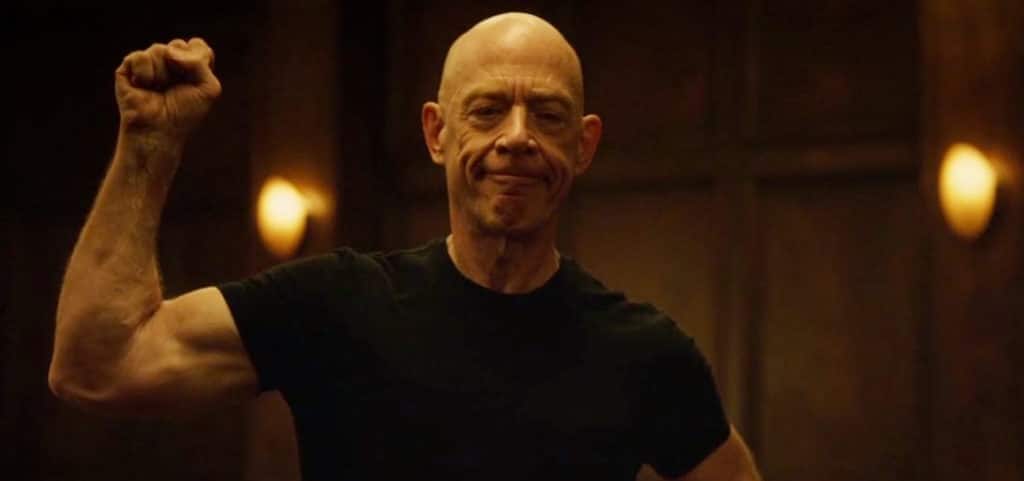
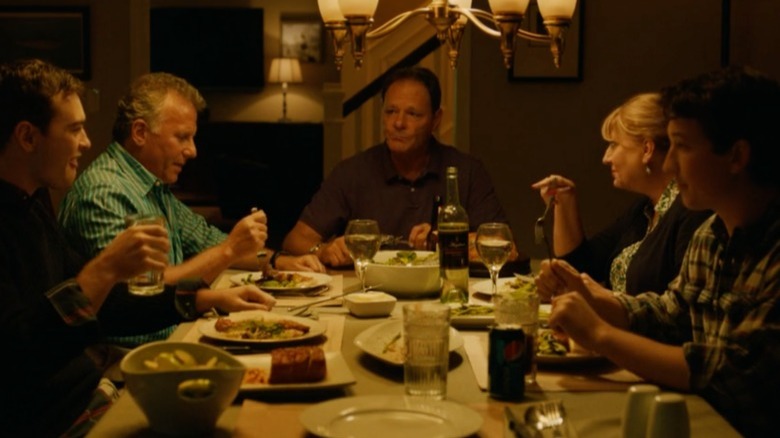
Whether the sequence between Andrew and his family at dinner where no one takes him seriously; the mini-love story between Nicole and him, which ends with him conveying to her that she would only be a distraction to get to his goal and he bitterly regrets this later, or the inserted mystery that revolves around who stole Tanner’s portfolio and whose answer remains a matter of interpretation for the viewer until the end – these are only three of very many scenes that make “Whiplash” a genuine masterpiece and that only spur Andrew’s drift into madness even further.
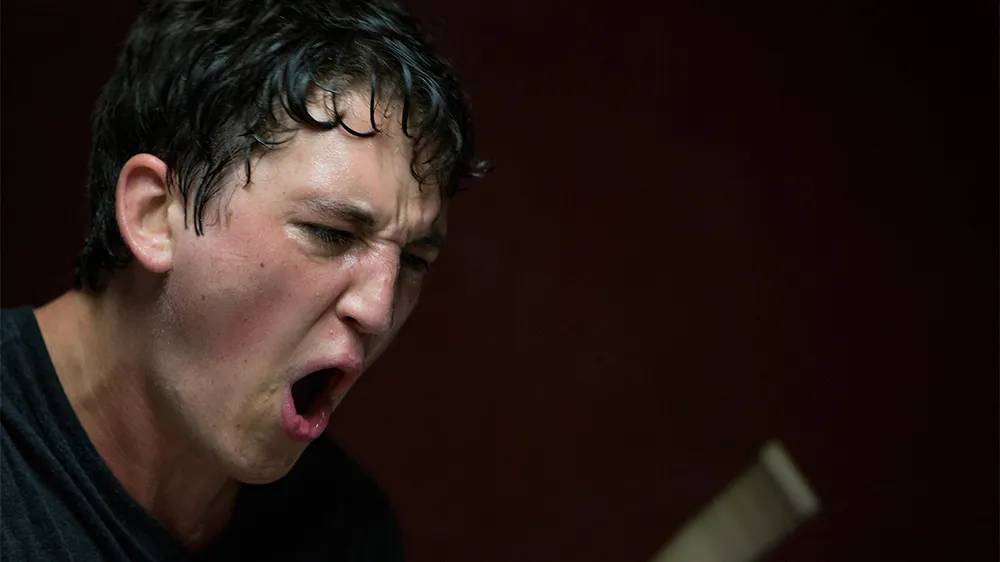
In true Chazelle fashion, the last fifteen minutes and thus the grand finale are charged with energy and drive the pulse up – Fletcher has managed to make Andrew his puppet and drive his perfectionism sky high. During the Nassau Band’s final performance, the last bit of his old personality holds Andrew back, but Fletcher has tricked him and set him up for failure. However, he can’t let that sit with him. In the middle of the intermission, he starts performing the infamous double-time swing. He gets faster and faster, completely blinding out his counterpart. What comes out of it is the best performance of his career so far. And Fletcher, too, has never seen anything like it, transforming from opponent to helpful friend. The crowd is all his; this is his moment. A look between the teacher and his student, then a nod from Fletcher. Andrew sets up one last time and then the cut to black.
Andrew has made it. Under inhumane conditions, he has become what Fletcher wanted him to be all along: he is the next Charlie Parker, and in doing so, he has given up everything that made him who he was before.
